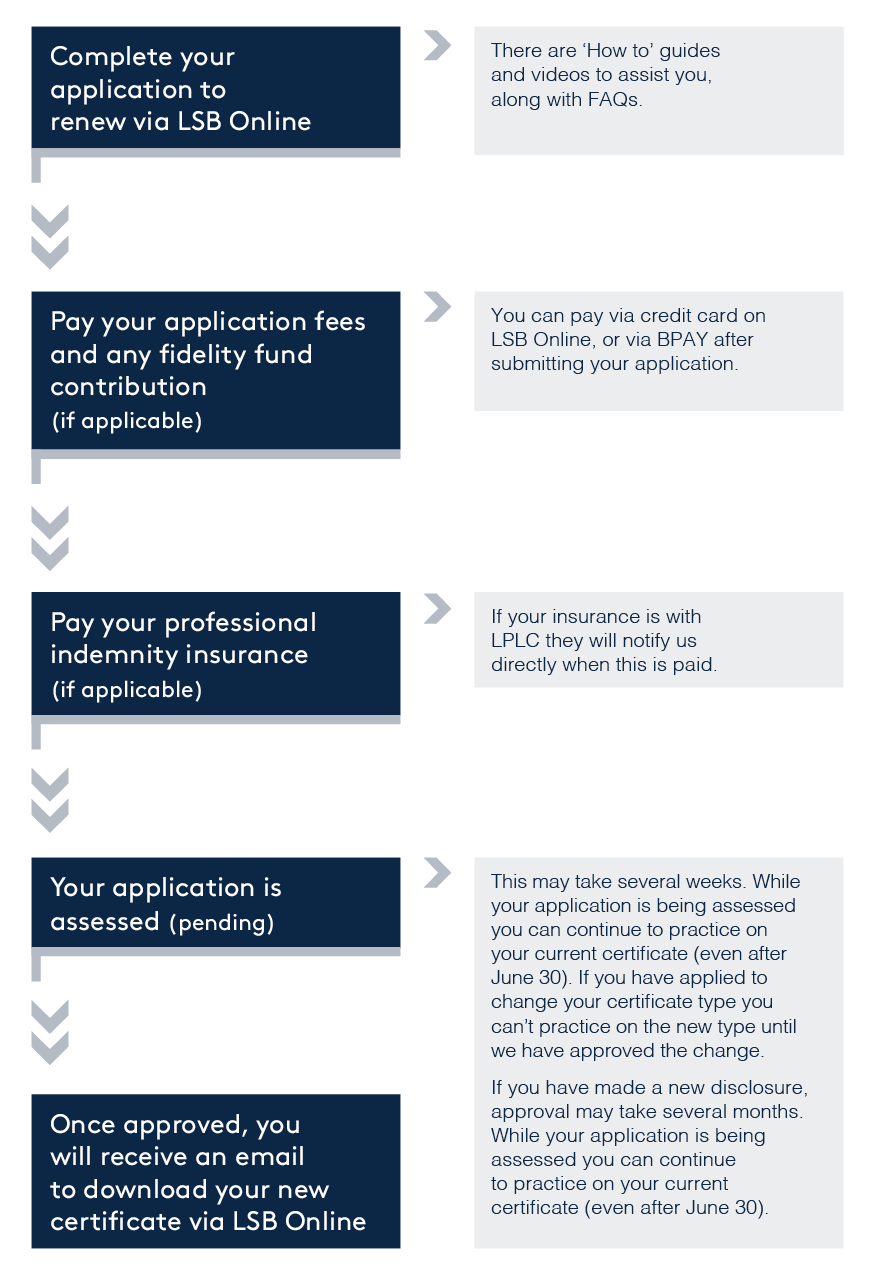What must be included in the costs disclosure statement?
Short form costs disclosure
How to provide a costs disclosure
Informed consent and costs disclosure updates
Litigation settlement disclosures
What happens if you fail to disclose costs?
How we support good practice costs disclosure
Documents and resources
Your client has rights when it comes to their legal costs. For most matters, you must give your client a written statement disclosing costs soon after they engage you.
A costs disclosure statement should be a genuine and reasonable estimate of what you anticipate their total legal costs will be, based on the information and instructions you have when you disclose.
For the legislation related to cost disclosures, see section 174(1)(a) of the Legal Profession Uniform Law.
When is a costs disclosure required and what are the exceptions?
A costs disclosure must be provided to your client when the total legal costs (excluding GST and disbursements) are likely to be more than $750.
You are exempt from providing a costs disclosure statement if the total cost (excluding GST and disbursements) is not likely to be more than $750, or if you are dealing with a commercial or government client.
What must be included in the costs disclosure statement?
A costs disclosure statement must explain:
- what you estimate the total legal costs will be for their matter, including disbursements
- how you will calculate their legal costs (e.g. billed by time or task) and that they can negotiate this with you
- that they are entitled to receive a bill, and that they can request that you give them an itemised bill
- that they can contact us if they want to dispute your bill.
With a complex matter, you don’t have to provide one estimate for the whole matter. You can instead provide a costs estimate for each of the different stages of the matter.
Short form costs disclosure
If your client’s legal matter is likely to be between $750 and $3,000, you can use the standard short-form costs disclosure template. This will save you time and effort, and meet your disclosure requirements. If your estimate will exceed $3,000, you must provide a full costs disclosure statement.
How to provide a costs disclosure
A 2024 District Court of NSW decision concluded that lawyers may comply with their disclosure obligations under the Uniform Law by providing an estimate to their clients as a range rather than a single figure – where a single figure isn’t reasonably practicable, and a range is the best estimate.
It’s our view that section 174(1)(a) requires disclosure of either:
- an estimate of total legal costs as a single figure or
- an estimate provided by giving a reasonable range – with a clear explanation of the major costs drivers or uncertainties influencing the final amount.
Informed consent and costs disclosure updates
You need to be sure your client understands how you plan to handle their matter and what their legal costs will be. This will help them make an informed choice about their options and the associated costs.
If the matter has changed significantly, don’t rely on an old or outdated costs disclosure – you must give your client an updated disclosure statement in writing, and check that they understand what you intend to do for them and what the new costs will be. It’s also a good idea to reach a shared understanding with your client at the outset as to what constitutes a significant change.
Litigation settlement disclosures
If you have negotiated a settlement for your client, you must give them an estimate of the costs they will have to pay before you finalise the settlement. This must include any legal costs payable for another party.
What happens if you fail to disclose costs?
If you don’t disclose costs properly to your client, or you fail to provide a disclosure at all, your costs agreement (if any) will be void.
You won't be able to try to recover the costs until they are assessed, or we have determined any costs dispute. You may also face disciplinary action for breaching your obligations to your clients.
How we support good practice costs disclosure
The Costs Support Initiative is a free program that helps lawyers and law practices improve how they explain costs to clients and comply with their obligations under the Uniform Law.
